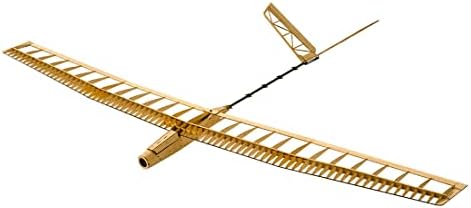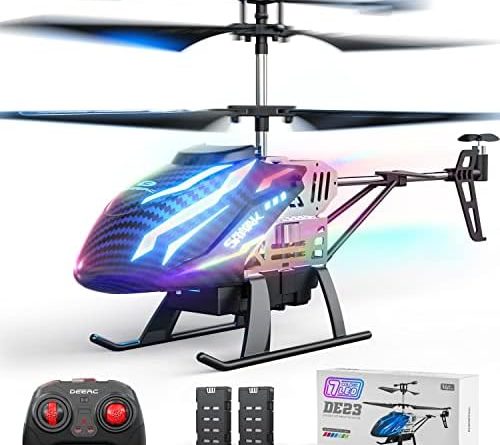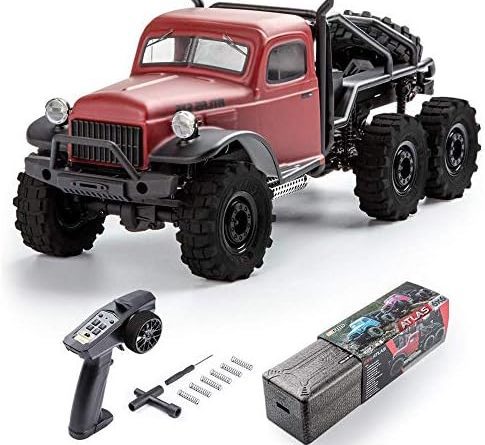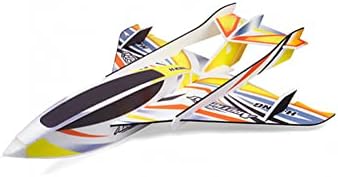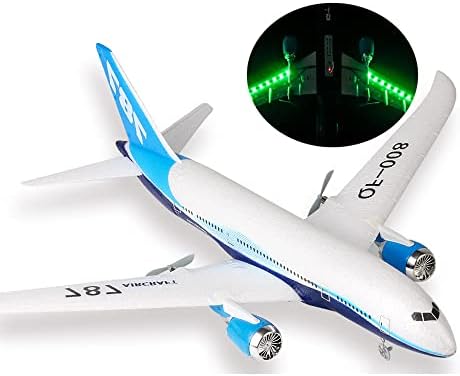








RC Plane Intermediate: Tips to Master Your Skills
If you’re an intermediate RC plane enthusiast, then it’s time to step up your game and take your skills to the next level. Flying an RC plane requires not only skill but also practice and patience. The more you practice, the better you’ll become. In this article, we’ll provide you with valuable tips to help you master your skills and take your RC plane game to the next level.
Before we dive into the tips, let’s start with the basic components of an RC plane. An RC plane consists of four essential parts: the radio transmitter, receiver, servos, and battery. The radio transmitter sends signals to the receiver, which controls the servos that, in turn, adjust the control surfaces of the plane. The battery powers the receiver and servos.
Now, let’s move on to the tips that will help you master your skills as an intermediate RC plane enthusiast.
1. Choose the Right Plane
As an intermediate RC plane enthusiast, it’s important to choose a plane that matches your skill level. Selecting the right plane will help you avoid crashes and maximize your flying experience. Choose a plane that’s built for intermediate pilots, which typically features a slower flying speed, is more stable, and has a wider wingspan.
2. Practice Flying in Different Weather Conditions
Flying in different weather conditions will help you to gain experience and develop skills that will be useful in different scenarios. If you only fly in perfect weather conditions, you’ll be unable to tackle challenging situations like windy days or unpredictable weather. Practice flying in different weather conditions to improve your skills and be better prepared for any situation.
3. Master the Basic Maneuvers
Before you move on to advanced maneuvers, it’s important to master the basic ones. Mastering basic maneuvers such as circles, figure eights, and landings will help you develop the necessary skills to perform advanced maneuvers.
4. Practice Takeoffs and Landings
Takeoffs and landings are the most challenging aspects of flying an RC plane. Practice takeoffs and landings repeatedly until you perfect them. Focus on maintaining a steady altitude and adjusting the throttle and elevator as necessary.
5. Join a Community
Joining a community of RC plane enthusiasts will provide you with valuable insights and knowledge. Join a local club or online forum to get advice and tips from experienced pilots.
FAQs
1. How do I perform advanced maneuvers?
Performing advanced maneuvers requires practice, patience, and skill. Start with basic maneuvers and work your way up to more complex ones. Always practice in a safe environment away from obstacles or people.
2. What type of plane should I choose as an intermediate pilot?
Select a plane that’s designed for intermediate pilots, such as a high-wing trainer or semi-scale plane. These planes are more stable, slower flying, and have a wider wingspan, making them easier to control for intermediate pilots.
3. Is it essential to practice takeoffs and landings?
Yes, it’s essential to practice takeoffs and landings as they’re considered the most challenging aspects of flying an RC plane. Practice until you perfect them as it will improve your skills and make you a better pilot.
4. How do I fly in different weather conditions?
Flying in different weather conditions requires caution, skill, and experience. Start by flying in slightly windy conditions and gradually progress to more challenging weather. Always practice in a safe area and pay attention to your surroundings.
5. What are the essential components of an RC plane?
The essential components of an RC plane are the radio transmitter, receiver, servos, and battery. The radio transmitter sends signals to the receiver, which controls the servos that, in turn, adjust the control surfaces of the plane. The battery powers the receiver and servos.
Conclusion
If you’re an intermediate RC plane enthusiast, then it’s essential to pay attention to these tips to help you master your skills. Remember to choose the right plane, practice flying in different weather conditions, master the basic maneuvers, practice takeoffs and landings, and join a community. By following these tips, you’ll be on your way to becoming an expert RC plane pilot. Happy flying!
Embedded YouTube video: [insert relevant video]
Price: $56.99
(as of Mar 08, 2023 17:58:53 UTC – Details)


